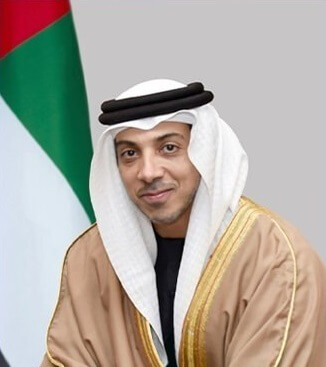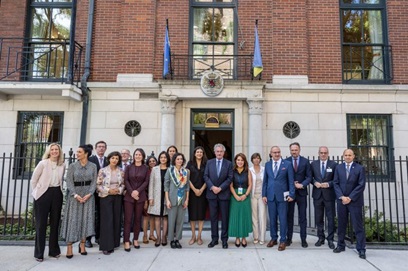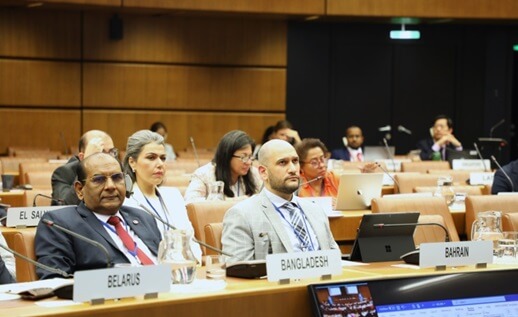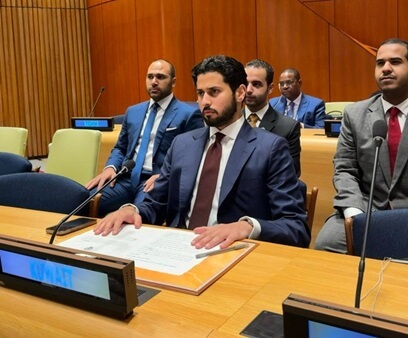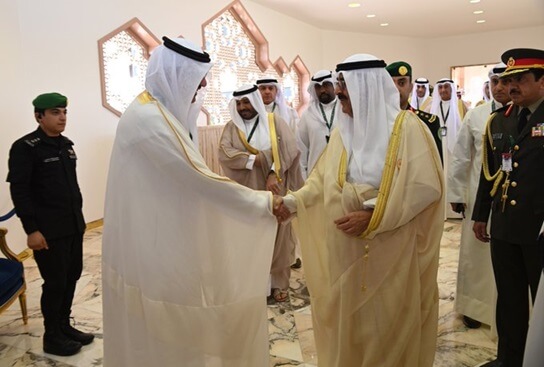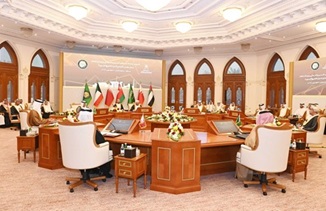Premium Residency Holders in Saudi Arabia to Enjoy Equal Benefits as Citizens in Hiring Domestic Workers
In a recent decision by the Council of Ministers of Saudi Arabia, Premium Residency holders have been granted privileges akin to those of Saudi citizens concerning the employment of domestic workers. This landmark decision, made on Tuesday, paves the way for Premium Residency expatriates to enjoy specific rights related to the annual fees associated with domestic employees.
Under this new regulation, expats possessing a Premium Residency Permit, often referred to as Premium Iqama, will be treated as Saudi citizens in terms of the number of domestic workers they can employ. Specifically, they will be allowed to hire up to four domestic workers without incurring any additional annual charges.
According to the Cabinet’s resolution, Premium Residency iqama holders will be exempt from paying an extra 9,600 riyals annually for each additional domestic worker, beyond the first two, up to the limit of four. In contrast, expatriates holding regular iqama permits and employing more than two domestic workers will be required to pay the same additional amount of 9,600 riyals for each additional domestic worker.
This significant policy change comes after a prior decision by the Council of Ministers on March 8, 2022, which outlined specific circumstances under which domestic workers should be levied. In these circumstances, Saudi citizens with more than four domestic workers must pay an annual charge of 9,600 riyals for each worker, while foreign employers are subject to the same fee for every additional worker beyond their first two. Now, Premium Residency iqama holders can also enjoy the benefit of employing up to four domestic workers without incurring any additional expenses.
It’s worth noting that the implementation of this law by the Saudi government has been carried out in two phases. The first phase, effective as of May 22, 2022, only covers new domestic workers hired within the first year following the Cabinet decision. As of May 11, 2023, the second phase will be applicable to all domestic workers, both new and existing, who exceed the permissible limit of domestic workers.
In a separate decision, the Saudi Cabinet gave its preliminary approval on Tuesday for the use of trains as one of the authorized modes of transportation for the movement of civilian and military personnel when such transportation is legally required. This decision signifies a significant development in Saudi Arabia’s transportation infrastructure.




